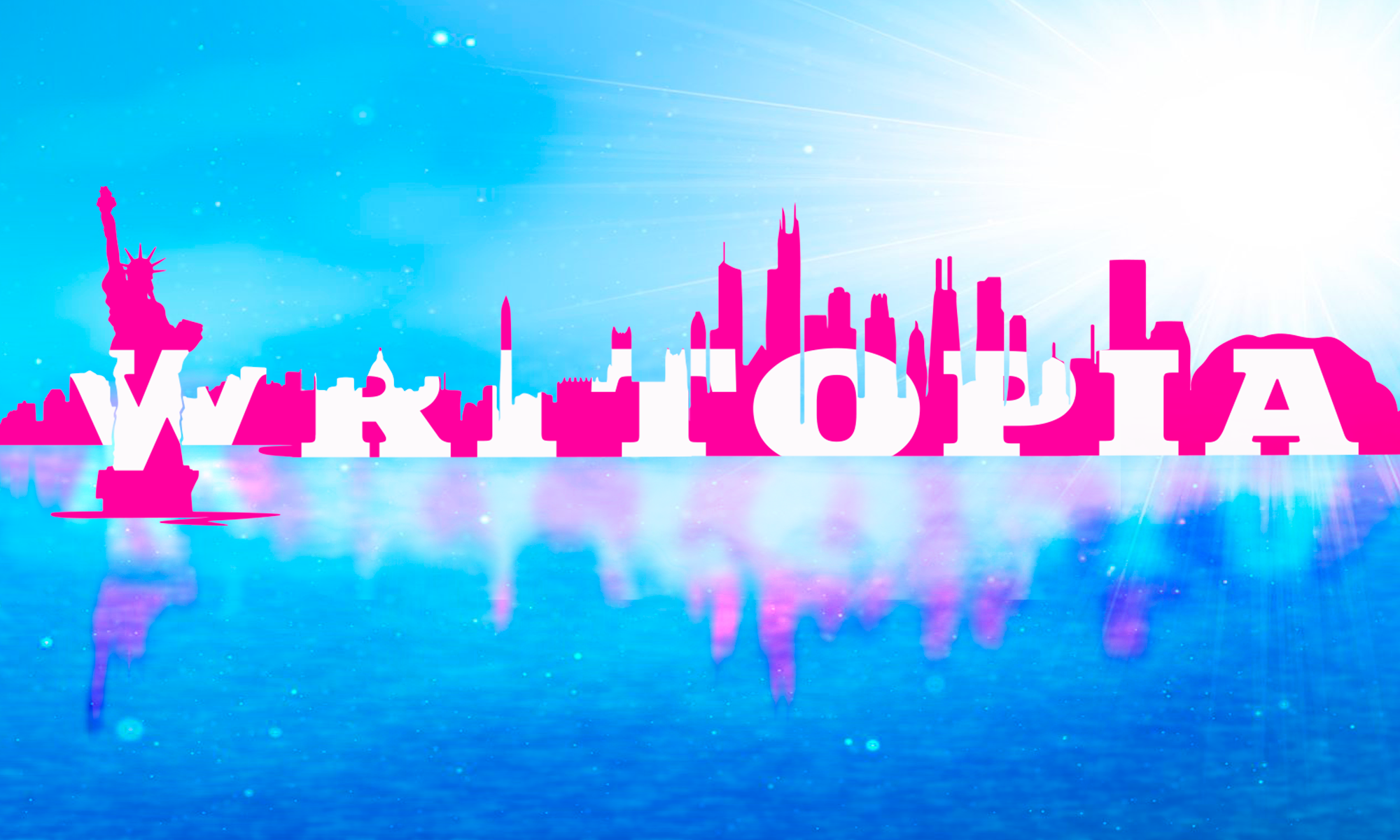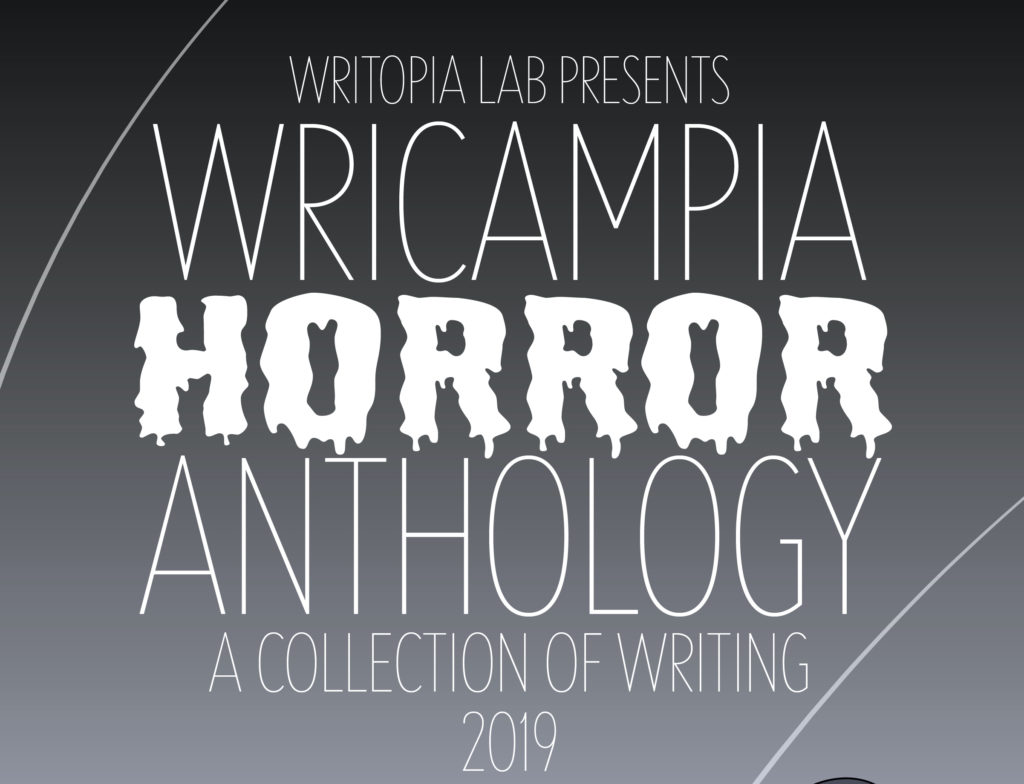By April, the grueling 2020-2021 college admissions process will have to come to an end, with over five million high seniors finding out which colleges have accepted them during one of the most disheartening application years in decades. And just then, as the trees begin to blossom and the Covid-19 vaccine supply begins to meet its demand, another five million teenagers will begin their applications from scratch. But do not fret: the lucky few will enjoy major aspects of the application process despite all.

Because of the power of creative nonfiction. I’ll explain.
When I founded Writopia Lab in 2007 as a creative writing youth community, I did not have college essay mentorship in mind. But in 2009, Eunju, a high school senior in one of my creative writing workshops, showed me her college essay and asked me if I’d read it. I agreed because I was curious to see what was being asked of her, and what she was offering up. What I found myself reading was a brilliant, playful and creative identity narrative about her name that immediately drew me in, provoked and moved me, and left me feeling like I knew her much more deeply than I had before I read it. She edited and revised it again and again until we said: it’s ready! But when she shared it with friends who were at Yale at the time they said, “You sound like you’re trying to start a cult, don’t recommend!” And her advisor at her elite public high school didn’t approve either, telling her, “It doesn’t sound like a college essay.” What was she trying to convey about herself? the advisor asked. I read it again, perplexed.
We both agreed that she should use it nonetheless.
A few months later, Eunju received a hand-written note on her acceptance and full financial aid letter from Yale declaring: “Loved your essay!” And thus I realized that something was very wrong in the world of college essay writing guidance. And something very right in approaching college essay writing as, essentially, the most exciting form of creative nonfiction in our world today.
In some ways, this is not a surprising statement. When we have the opportunity to reflect on and claim editorial authority over the narratives of our own lives, it’s simple: we feel happier, write more enthusiastically, and to our highest standards. But we have to be given the space to do so. Which means we need to stop being afraid to give our teens the room to think and write creatively and authentically— yes, especially when applying to colleges. And what’s actually surprising is how few kids are given that space.
Indeed since Eunju, I have worked with hundreds of teens — and the Writopia team with thousands — who show up weighed down and stressed out by the conflicting and confusing messages they have received: Market yourself. Impress the admissions committee. Position yourself as a leader. Be personal. But don’t be cliche. Don’t sound privileged. Don’t sound like a pity case. Or one of the most confusing directives: Don’t mention a sibling, or really anyone else for that matter—this essay has to be entirely about you!
But great news: you can ignore the noise. I have sat on panels with members and directors of various colleges’ admissions committees, have spoken to others on the phone, and rarely do they share the same outlook on the “ideal” college essay. They universally agree on one thing: that they want to get to know you a bit as a human being– moved by your maturity, humor, humility, curiosity, capacity for growth, and overall sensibility in the world.
When I tell applicants this, I see their bodies relax. And then, when I show them examples of voice-driven, fiercely individualistic essays, they actually get excited. I am allowed to write that? Yes. And you might even get a personal thank you note for it from a director of an admissions committee for making someone’s day by sharing a story that moved them or made them laugh or just simply surprised and entertained them.
College essay writing should be celebrated as the most widely explored subgenre of creative nonfiction today rather than a self-marketing opportunity. After all, it is the one main section of the college application that allows the applicant’s humanity to emerge above a set of grades and scores. Yes, the college essay industry has promoted cynicism and inequity as families desperately try to learn what admissions committees want and how to deliver it just so — often at a very high price. But there is another way: ignore all the noise in order to pursue your personal voice and story.
At Writopia, we work with funders like the Pinkerton Foundation, the Meringoff Family Foundation, and are supported by our board members like Kim Hartman, along with school partners to make sure that this high-level instruction is available to anyone who seeks it out.
In one school we work with in Harlem, the seniors struggle to make it to their classes as they navigate Covid-19 related health and financial family crises around them. But they show up for online college essay workshops. “Ms. I thought college prep was going to be boring,” chats Thais, one high school senior in Harlem in a Zoom chat to her Writopia instructor this past fall. “But I love this. I’m dead enjoying it.” Another joins the chat: “It’s dead fun and interesting… it’s the one class I feel glad I woke up for.”
This process works on many levels. On the social-emotional level, mentors and mentees bond during this process because there is little room for the superficial; rather, we live in the realm of deep reflection, clarity of expression, self-discovery, and real-world connections. Our writers leave with more confidence, a passion for writing, and a much better understanding of themselves as thinkers and writers. On the admissions level, the great majority of our writers win admittance to their top choice schools.
And the power of discovering your writing voice doesn’t cease upon application submissions. In October, one of my high school seniors, Sophie, who attends a top public magnet arts school, was tirelessly crafting her college essays. She was writing about the changing role of art and creativity in her life, her learning disability, and other personal aspects of her life. She didn’t smile often so I feared I was exhausting her with my close reads and challenging questions, like “Is this how you really felt?” Or, “Is that what he actually said?”
Interrupting a random quiet moment over Zoom, she looked up at me and said, “This process has changed my life… figuring out who I am and what I really thought in any one moment… I write all the time now…” and then went back to her edits. I looked at her as she typed away: the application process didn’t destroy her — in fact, it made her more excited than ever about what was coming next.
You can read Eunju, Sophie, and Thais’ essays, get inspired to write your own creative nonfiction, and support this work by buying The Writopia Publishing Lab’s newest book, “30 Fiercely Individualistic Essays of the Decade”! Proceeds help ensure that we provide college essay support to every single writer who registers using our sliding scale, applies for full financial aid, or attends our workshops through our partnership programs at Title 1 schools.
Thanks so much and happy writing!
– Rebecca Wallace-Segall – Executive Director











